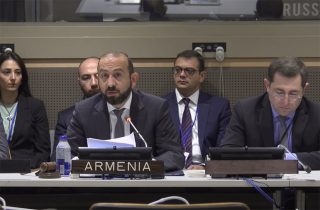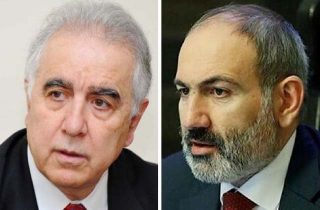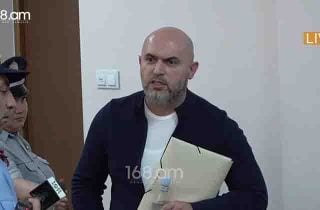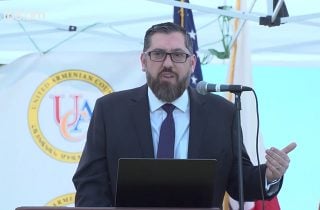
Armenia’s reaction to Azerbaijani cultural genocide should not be limited to Foreign Ministry statement – expert
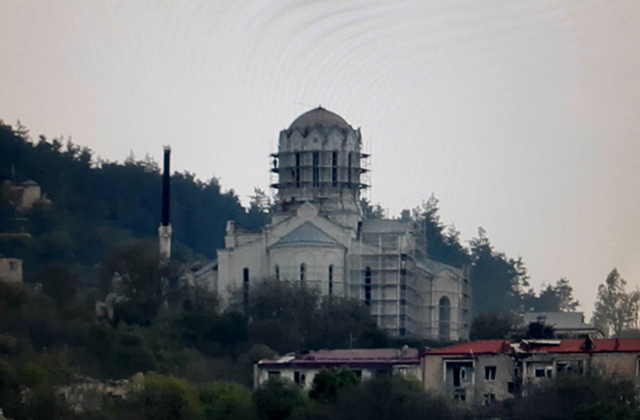
The Azerbaijani authorities’ ban on international organizations’ entry into the occupied regions of Artsakh (Nagorno-Karabakh) amounts to an act of cultural genocide which should receive an adequate reaction, says Hermine Mkhitaryan, an expert from the analytical center Hayatsk (Insight).
In an interview with Tert.am, she expressed her concerns over the recently launched “redevelopment activities” in several Azerbaijani-controlled regions.
“Days after the end of the war, Azerbaijan announced plans for launching renovation activities on territories that had passed under its control. That kind of policy action by Baku pursued simultaneously several objectives, including plans to attract foreign investments, as well as resolve political tasks in several places based on the business interest. Along with a range of issues, however, also the obliteration of the Armenian trace appears an important objective, which they are realizing with an unprecedented speed and consistency,” she said.
As an alarming concern requiring serious efforts on the part of the Armenian diplomacy, the expert also cited the removal of the cupola from the Shushi Ghazanchetsots Cathedral. “It is quite possible that Azerbaijan will install the domes sometime in the near future, justifying their removal by restoration activities, but that will be possible only in case they meet the international community’s pressure. Otherwise, they will digest all that, making acts of vandalism a regular practice,” she noted.
“Yesterday, we also had the Foreign Ministry’s response, which justifiably raised the existing problems. Yet we need to understand that the reaction by the foreign office should not be limited only to statements. Azerbaijan today bans the entry of international organizations, including UNESCO, into the occupied region, making also other steps that could be characterized in no other way but cultural genocide. And the Republic of Armenia, with all its institutions, agencies and structures, must become the champion in the fight against this cultural genocide,” she added.






